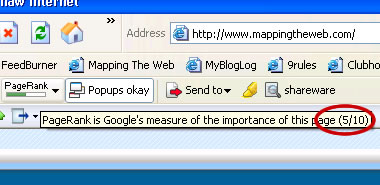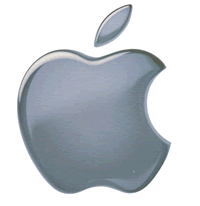After reading and commenting on an interesting article over at Wisdump, I think the topic merits a post of its own.
The article dealt with the notion of charging for a service, rather than monetizing with Google AdSense (or advertising), the standard web 2.0 tactic.
But users don’t want to pay and companies don’t want users to pay. Now, the former makes sense, but the latter needs some explaining…
What we are overlooking is the whole corporate ‘web 2.0 mentality’ here.
Companies that don’t charge users aren’t actually marketing their services to users. They’re looking for quick sign-ups and account creation. This leads to buzz and corporate gossip. In other words, the company is marketing to potential buy-out candidates.
By driving user adoption and launching with a promotional blitz, many start-ups can manifest a popular image and create the illusion of a much larger user base than reality. This is all due to the marketability of a ‘free’ service, as opposed to a subscription model.
Next, the start-up attempts to sell to a larger player. Popular examples include Google, Yahoo, or Microsoft. These ventures never really had plans for a revenue model all along. The hope is that monetary compensation will come in the form of an acquisition rather than a revenue model. In doing so, the company passes the burden of monetization on to the acquisitor. Slapping on a subsciption fee was never an option. It would hamper user base growth and provide a barrier to entry for many.
This is the so-called the “keep-your-fingers-crossed” strategy. It is also commonly referred to as the “let’s-hope-we-get-bought-over-before-we-run-out-of-cash” strategy. Either way, they’re both making reference to the same clever tactic.
This corporate strategy is very shallow and risky, but with such little capital put forth on most web 2.0 ventures, it’s worth risking say $50,000 when the potential pay-out may be several million dollars.
NOTE: This is not the case for all start-ups. But don’t kid yourself by denying the fact that this is a commonly used strategy in the web 2.0 world. Also note that I am not a capitalist pig with no heart. I do believe in the hard-working entrepreneur with good intentions. But this is the business world and I am simply pointing out the facts.

